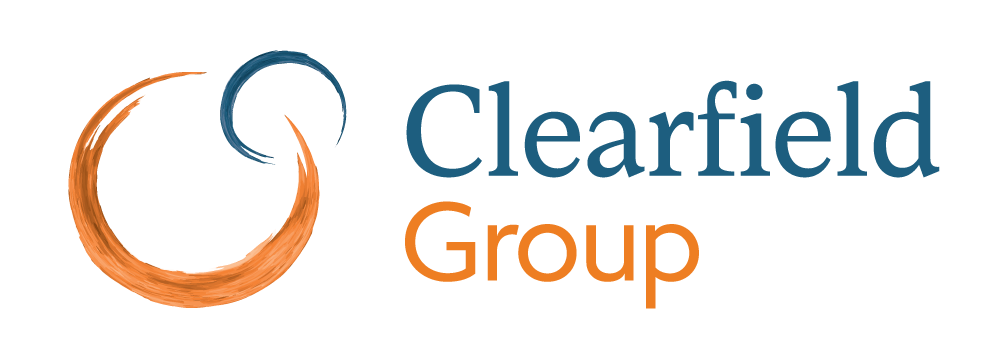I work with leaders who are at a moment in their careers when they decide to take things to the next level, and I see the same struggles again and again:
- Leaders who are daunted by the need to constantly lead change in their organization
- Leaders who are frustrated with encountering resistance from others
- Leaders who don’t know how to drive their vision forward, particularly when they’re a specialist in a bigger organization
If this sounds like you, dear leader, here’s what I want you to know:
It’s not your fault.
Past a certain scale and complexity, you can’t lead through expertise or control.
You’re no longer facing technical challenges, you’re facing complex challenges, and you need to lead through these not by solving problems, but by building relationships and cultivating curiosity.
You are doing the best you can with the tools that you have: a set of tools that has served you and your organizations incredibly well for your whole career, but now, you’re navigating growing complexity. The world can’t be easily understood anymore.
If you are someone who has led through control in the past, but now you recognize that answers are no longer enough, stop kicking yourself and watch my video:
Leaders Need to Know It’s Not Their Fault
In this video, I share why so many of the leaders I work with transform their impact once they shift from expertise-based leadership to curiosity-driven leadership, and how you can do the same. Answers are rarely the key to leading through complexity. Instead, we need to grow our ability to influence others.
You can’t be everywhere at once: answering every question, solving small problems, making sure everyone is following the new SOP — that will leave you stretched thin and unable to lead effectively.
That’s why I created The C.L.E.A.R. Path to Executive Leadership, a program crafted after in-depth research and work with hundreds of leaders at global organizations. The C.L.E.A.R. Path focuses on strengthening key skills that every leader benefits from: Curiosity, Listening, Empowerment, Accountability, and Results.
If you are leading change, and this sounds like something that could help you with your challenge, I’d love to hear from you. Click here to book a free 30-minute diagnostic call with me where you can tell me about the challenges you’re facing. Together, we can talk about how you’re trying to create lasting change in your organization.
Book a free call with me here.
We’ll talk about your challenges and what kind of support you might need for the next part of your journey. In half an hour you could be unlocking new dimensions of how you can lead.


